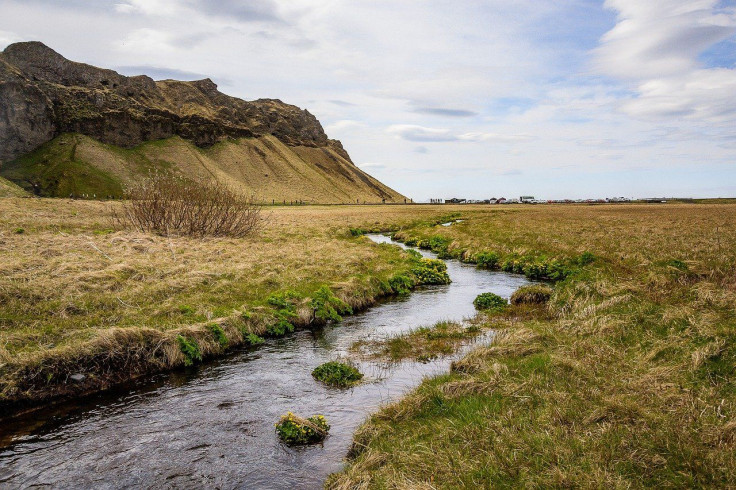Potamophylax Coronavirus: Newly Discovered Species Named After Pandemic
KEY POINTS
- Researchers named the species after the pandemic due to the study's timing
- It is the second species named after the pandemic
- This find highlights the importance of the area where the species was discovered
A team of researchers has named a newly discovered species after the coronavirus pandemic because of the timing of the study and the "silent pandemic" in the rivers of Kosovo, where the species was discovered.
Inspiration probably isn't the first thing that people get when they think of the ongoing pandemic, but a team of researchers actually used it to name its new discovery. In a new study published in the peer-reviewed Biodiversity Data Journal, the researchers describe their discovery of a new caddisfly species they named Potamophylax coronavirus (P. coronavirus).
According to Pensoft Publishers, the species was actually collected several years ago close to a stream in Bjeshkët e Nemuna National Park in Kosovo, but it was only during the pandemic that the species was described.
"Ironically, the study of this new insect was impacted by the same pandemic that inspired its scientific name," Pensoft Publishers said in a blog.
The P. coronavirus now joins the Stethantyx covida as another new species named after the coronavirus pandemic. According to the researchers, it resembles two other Potamophylax species but differs from both of them in size and habitat.
The researchers also have collected other new species from the Balkan Peninsula that are still waiting to be described.
'Silent Pandemic'
The study not only showcases the new species but also highlights the Bjeshkët e Nemuna Mountains as a significant location because of its biodiversity. However, the freshwater ecosystems in the place where the species was found are also "extremely" threatened by certain activities.
"The current paper was written during the quarantine time due to the pandemics," the researchers wrote. "The species epithet also emphasizes figuratively another silent pandemic occurring on freshwater organisms in Kosovo rivers, due to the pollution and degradation of freshwater habitats, including particularly the increased activity of mismanaged hydropower plants."
The researchers also cited touristic activities, deforestation and water intake pipes from nearby houses and tourist facilities as part of the issue.
This is quite problematic because the Western Balkans are considered an "important hotspot" for caddisfly diversity, the researchers said. What's more, the P. coronavirus, believed to be endemic to the national park, is quite "sensitive" to water pollution and habitat degradation, making them vulnerable to the threats that the area is facing.
"Failure to understand this may drive this and many other species towards extinction," Pensoft Publishers said.

© Copyright IBTimes 2024. All rights reserved.






















